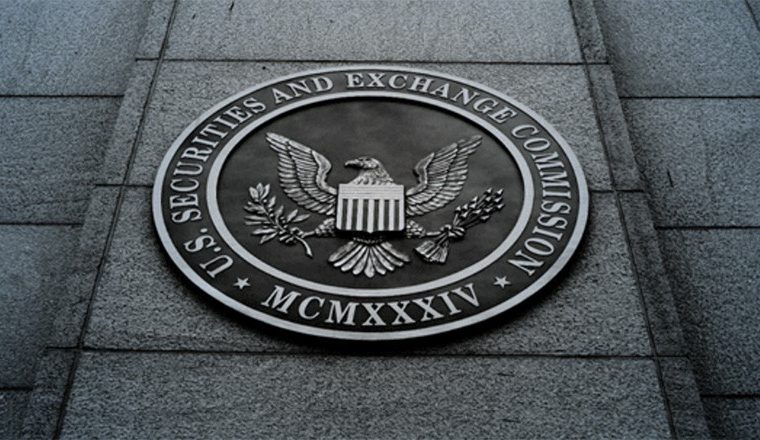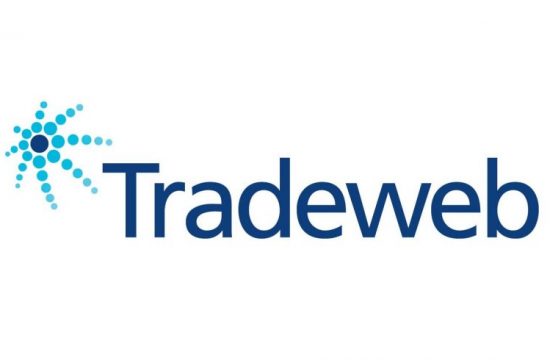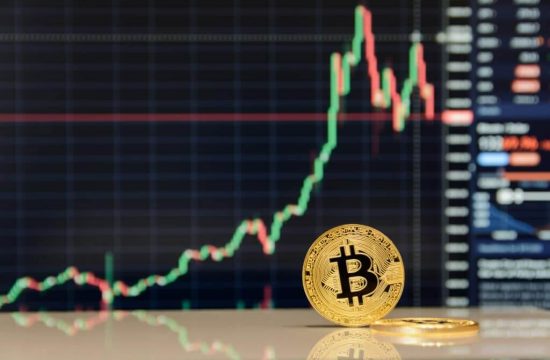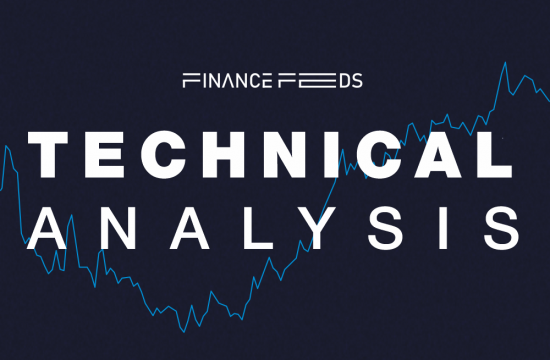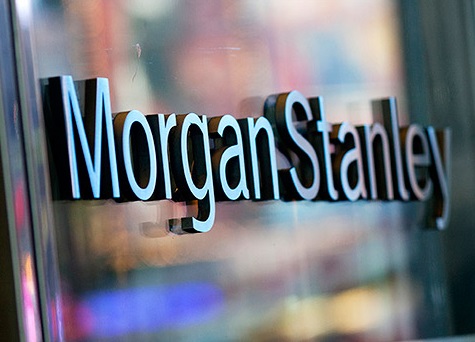The twist and turns of the SEC v. Ripple lawsuit continue and the Securities and Exchange Commission has filed a Memorandum of Law requesting the court to deny the individual defendants’ motions.
Ripple Labs co-founders Brad Garlinghouse and Chris Larsen had filed a motion to dismiss the complaints against them in mid-April.
In sum, the documents argued that the SEC claims fail because the AC does not plausibly allege that the co-founders knew or were reckless in not knowing that Ripple was violating section 5 or acting improperly.
The motion also argues that the SEC’s first claim fails because the AC does not allege that their personal offers or sales of XRP occurred in the United States. Even if their conduct in the US were relevant, the transactions in question are predominantly foreign and accordingly outside the scope of Section 5.
The conclusion: “For the foregoing reasons, the amended complaint should be dismissed with prejudice”.
In its turn, the SEC has doubled down on its accusations by objecting to their motions to dismiss their case. Filed on May 14, the declaration of SEC’s Jorge Tenreiro states that co-founder Chris Larsen was aware that such offers and sales could be “wrongful under certain circumstances.”
“The Complaint pleads that Larsen was aware of his overall role in Ripple’s illegal distribution, that his own financial interests were aligned with Ripple’s interests and that he took steps to further them.”
“Larsen “explicitly acknowledged” that he was running the risk that he would be considered the issuer of securities by the SEC in exchange for significant financial compensation […] Larsen committed a discrete violation of Section 5 with each unregistered offer and each unregistered sale.”
In regard to the other co-founder, Brad Garlinghouse, the SEC claims he treated XRP as an investment and was incentivized to increase XRP’s trading price and volume. He “understood the nature of the asset” and made extensive sales to “monetize” his compensation.
The regulator reminded that “Knowledge means awareness of the underlying facts, not the labels that the law places on those facts.”
To the SEC, it is clear that both executives engaged in domestic offers and sales of securities that “failed to comply with regulations” and promoted the sale of XRP to US investors through their website and social media, as well as U.S based finance programs while discussing the risks and potential rewards of buying XRP.
In the meantime, Ripple Labs keeps on expanding its business across the globe and has launched a CBDC Private Ledger for central banks.
With Bitcoin being dropped as a payment option for Tesla for being far from energy-efficient, Ripple pledged to go carbon net zero by 2030. Ripple claims XRP is 61,000 times more efficient than Bitcoin.


